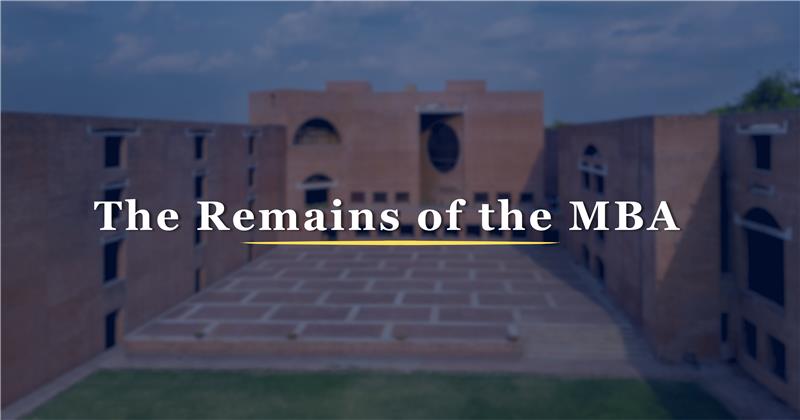Diptesh Ghosh is a Professor in the Production and Quantitative Methods Area at the Indian Institute of Management Ahmedabad (IIM Ahmedabad).
He has been a member of the faculty at IIM Ahmedabad since December 2001. Prior to 2001, he was a post-doctoral researcher at the Faculty of Econometrics and Operations Research at the University of Groningen in the Netherlands, and before that, a member of the Decision Sciences faculty at the Indian Institute of Management Lucknow in India. He obtained his doctoral degree in Operations Research and Systems Analysis from the Indian Institute of Management Calcutta in India. Prior to joining the doctoral program he has worked in the production department of a global automobile manufacturer.
Diptesh’s research areas include optimization algorithms and heuristics for hard combinatorial optimization problems, especially in a network location and routing. Much of his work has been in the development of metaheuristic methods. He teaches courses on linear optimization, decision analysis, and network algorithms at IIM Ahmedabad.
Prof. Sriram Sankaranarayanan
Sriram Sankaranarayanan is an Assistant Professor at IIM Ahmedabad in the area of Production and Quantitative Methods.
Previously, he was a post-doctoral fellow at the Canada Excellence Research Chair in Data Science for Real-Time Decision-Making at Polytechnique Montréal advised by Prof. Andrea Lodi. Before that, he finished his PhD at Johns Hopkins University. He was advised on his PhD by Prof. Sauleh Siddiqui and Prof. Amitabh Basu.
Sriram's research interest lies in solving game-theoretic and optimisation problems that include integer variables. In particular, he has worked on mixed-integer linear programming, complementarity problems and mixed-integer bilevel programming. Apart from proving structural results and developing algorithms to solve these problems, he is also interested in using these methods for real-life problems which are of social interest.
He has worked on using tools from optimisation to analyze energy-market policies, with a particular interest to combat climate change.
Before joining Hopkins, he worked in Deutsche Bank for two years, creating models to backtest and to develop strategies to trade Credit Default Swaps and Swaptions.
 Prof. Diptesh Ghosh
Prof. Diptesh Ghosh







 Skill Level
Skill Level Language
Language Certificate
Certificate Fees
Fees
 Start Date
Start Date
 Duration
Duration





